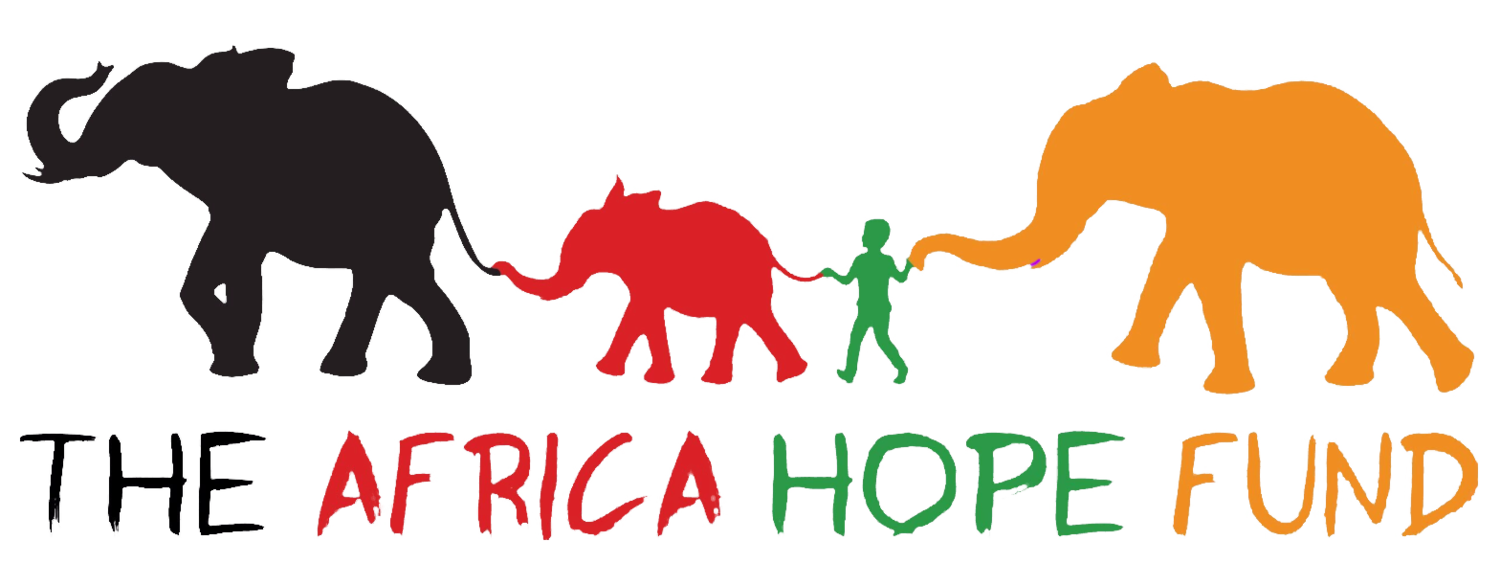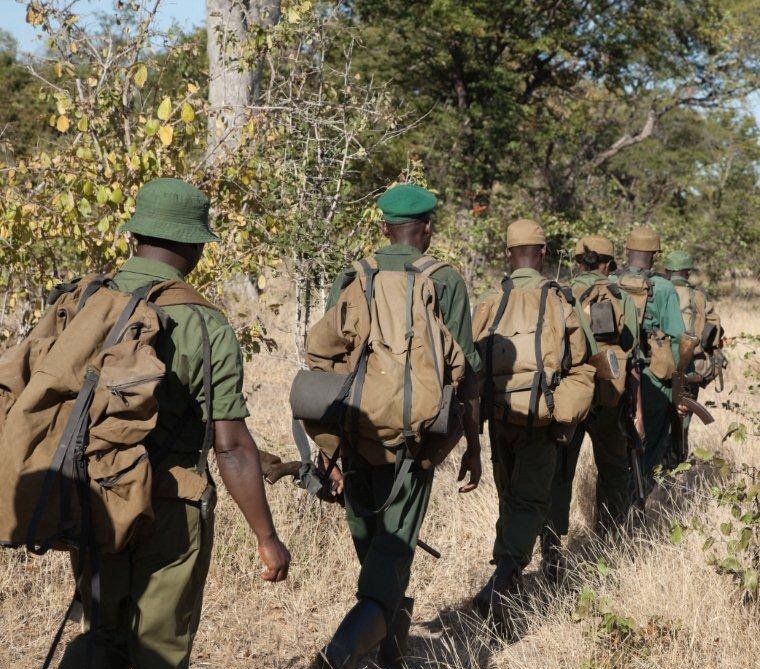Wonder What A Scout's Life is Like in Zambia? Here's a Look
In the heart of the South Luangwa Valley in Zambia, wildlife conservation and poaching prevention are priorities each and every day.
That’s why Conservation South Luangwa (CSL) trains and employs an entire team of scouts that is responsible for protection the South Luangwa National Park and Lupande Game Management area.
Expert scout and Africa Hope Fund board member Benson Kanyembo knows firsthand the importance of his mission as a scout. He has been leading the team of scouts at CSL for 13 years, a group of 92 men and women who are responsible for managing and monitoring wildlife at the national parks, patrolling protected areas, preventing poaching and engaging local communities in conservation. Additionally, the scouts help resolve human-wildlife conflicts and assist with tourism in the region.
“Patrolling is one of the most crucial parts of a scout’s job,” Benson said in an interview with Africa Hope Fund. “The length and type of patrol depends on the area, but on average a scout’s patrol is 10 to 15 kilometers a day for daily or long-range patrols.”
Benson said building relationships with people is integral to the team’s conservation work and to creating a future where people can live in harmony with nature.
A Day in the Life
Fortunately, there’s no shortage of people who currently want to become scouts. Benson said many people appreciate the work and are willing to join the effort.
However, scouts are required to undergo extensive training before they are qualified to work. Benson recalls a tough 10-week basic anti-poaching training in which just 28 out of 60 trainees graduated and went on to a six-week Rhino protection training.
For the CSL scouts, every day can be different, and every day is an adventure, Benson said. The day starts early with preparing breakfast for the team, getting ready for day patrol or moving to a new camp site.
From there, scouts will spend about six hours of their day patrolling. This includes several important tasks: watching for signs of wildlife, rescuing animals from snares and looking out for signs of illegal activity. In addition to poaching animals, there can be illegal logging and other concerns that destroy the natural habitat and biodiversity.
“Being in the field is an adventure on its own,” Benson said. “You are always learning and seeing different animals, vegetation and terrain. The night brings in the nocturnal sounds and has a different rhythm on your life as scout.”
Challenges for a Scout
For the CSL scouts, there are plenty of challenges – rough roads, erratic working days, old weapons and ongoing human-wildlife conflict. Benson believes one of the biggest challenges is getting local government and businesses to understand and support the long-term conservation efforts. If there was more awareness, conservation efforts could become part of a bigger plan for the region, and the scouts’ work would become easier.
“The public and decision-makers don’t have as much knowledge as we would like about why scouts exist and how we are on the front lines of preserving our great natural resources,” Benson said.
Despite the obstacles, Benson said he loves his work. Being a scout allows him to protect natural resources and wildlife, spend time in nature and share his knowledge with colleagues, family and friends.

